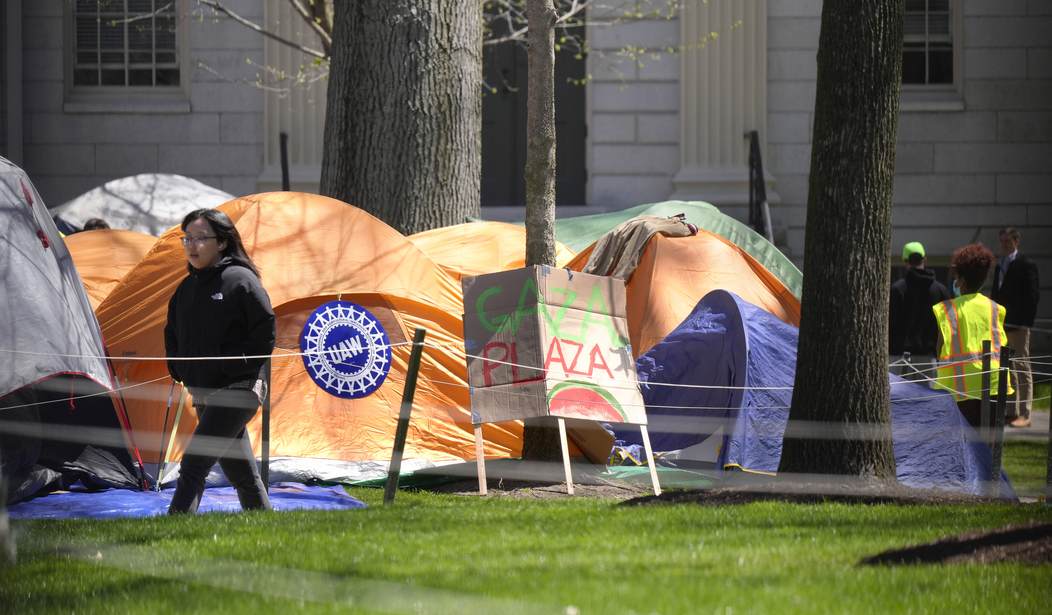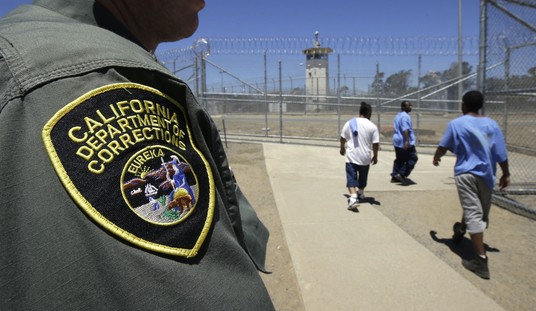Last year, two different groups filed a federal lawsuit accusing Harvard of not doing enough to deal with anti-Semitism on campus. Yesteray, Harvard settled those complaints by agreeing to take a series of steps including adopting a specific standard of anti-Semitism.
In the settlement with the Louis D. Brandeis Center for Human Rights Under Law, Jewish Americans for Fairness in Education, and Students Against Antisemitism — a group of six Jewish students — Harvard agreed to make several changes to how it addresses antisemitism on campus.
Among them is adopting the International Holocaust Remembrance Alliance definition of antisemitism when reviewing complaints of antisemitic discrimination and harassment and posting a document online that clarifies people who identify as Jewish and Israeli are covered by the school’s non-discrimination and anti-bullying policies.
Additionally, the school agreed to draft an annual report for the next five years that details its response to discrimination and harassment; hire a point person to consult with on all complaints of antisemitism, and provide training on combating antisemitism for staff who review the complaints.
The definition is a big deal because it goes to the heart of an argument about what sort of behavior can be considered anti-Semitic.
Under the agreement, and consistent with Harvard’s existing Non-Discrimination and Anti-Bullying Policies (“NDAB”), which prohibit discrimination on the basis of ancestry, religion, national origin, or political beliefs, Harvard will incorporate the International Holocaust Remembrance Alliance (“IHRA”) definition of anti-Semitism including accompanying examples applied in the manner described in guidance issued by the Department of Education’s Office for Civil Rights (“OCR”) in 2021 and 2024. Harvard will accordingly consider in the same manner the IHRA definition and examples when evaluating NDAB complaints raising allegations of anti-Semitic discrimination or harassment.
In other words, substituting the word "Zionist" for "Jew" doesn't automatically mean a statement is political and therefore not anti-Semitic. Harvard will also post an FAQ on their website which is based on this definition.
The FAQ will include the following statement: “For many Jewish people, Zionism is a part of their Jewish identity. Conduct that would violate the Non- Discrimination Policy if targeting Jewish or Israeli people can also violate the policy if directed toward Zionists. Examples of such conduct include excluding Zionists from an open event, calling for the death of Zionists, applying a ‘no Zionist’ litmus test for participation in any Harvard activity, using or disseminating tropes, stereotypes, and conspiracies about Zionists (e.g., ‘Zionists control the media’), or demanding a person who is or is perceived to be Jewish or Israeli to state a position on Israel or Zionism to harass or discriminate.”
Some free speech groups consider the definition to broad, including FIRE:
2/ FIRE has noted the threat the IHRA definition poses to core political speech since 2015. Groups across the political spectrum — from @ADFLegal to the @ACLU — agree.https://t.co/PQozNPbptr
— FIRE (@TheFIREorg) January 21, 2025
The Harvard Crimson report on the settlement is full of similar disagreement from a group that has proposed an alternate definition.
Two scholars affiliated with the Nexus Project, which developed a definition of antisemitism that does not classify “contentious, strident, or harsh criticism of Israel” as necessarily discriminatory, said Harvard’s decision to adopt the IHRA definition could blur the lines between legitimate political discourse and antisemitic rhetoric.
University of California Los Angeles professor of Jewish history David N. Myers, who sat on the task force that developed the Nexus definition, called the IHRA definition a “form of virtue signaling,” saying that it did not offer a practical tool for combating antisemitism.
“It’s a very coarse filter that mistakes criticism of Israel for antisemitism, and therefore it doesn’t really allow us to get at what is antisemitic,” Myers said.
It's a very fine line here between battling anti-Semitism and shutting down legitimate speech, including speech that says Israel has no right to exist. I don't agree with that but it's something that free people should be able to say, just as they are free to say America has no right to exist.
On the other hand groups like Hamas clearly seek to incite violence against Jews not just talk about the existence of a state. And the campus groups that have embraced Hamas seem to have also crossed a line from protected speech to harassment of Jewish individuals on campus (such as claiming no Zionists are allowed to pass through parts of campus or referencing acts of violence by Hamas in flyers to intimidate).
The argument over the correct definition will probably go on but for now Harvard seems to have decided it was best to get this lawsuit over with before the Trump administration has a chance to weigh in.








Join the conversation as a VIP Member